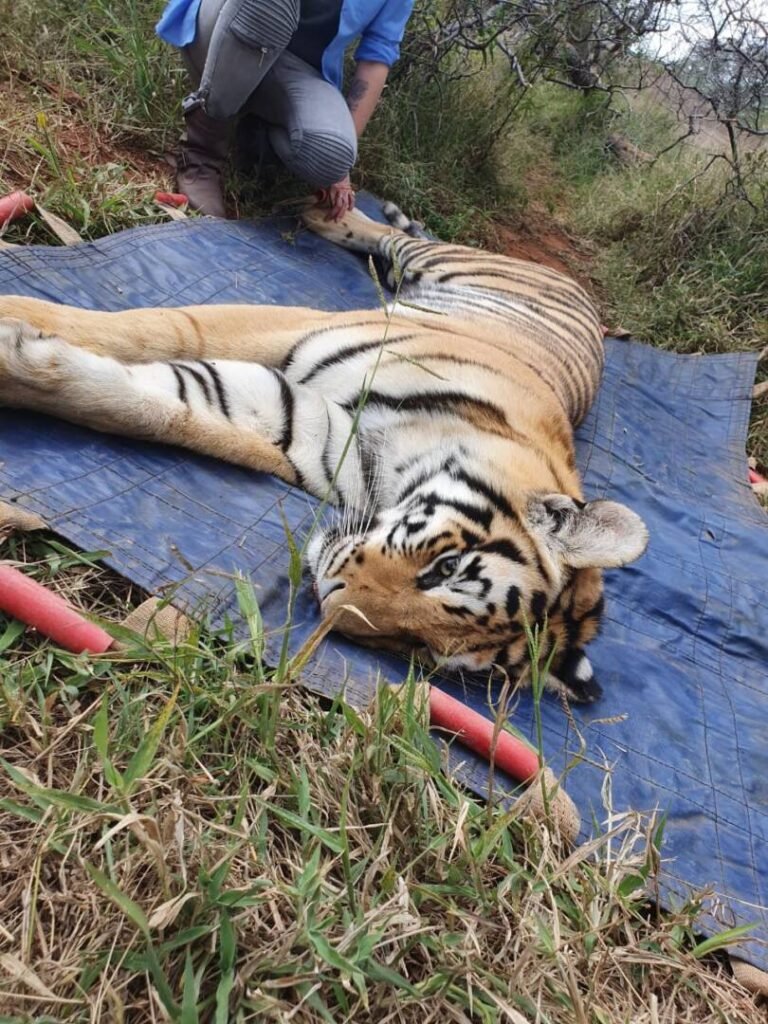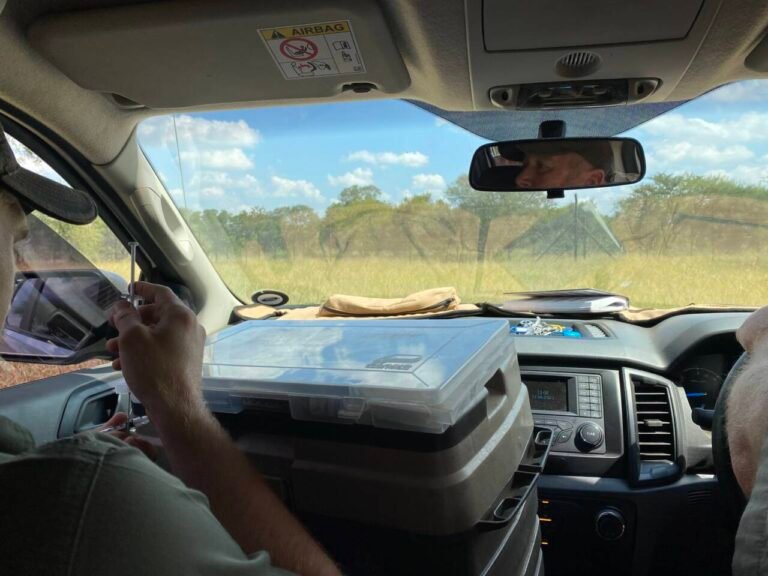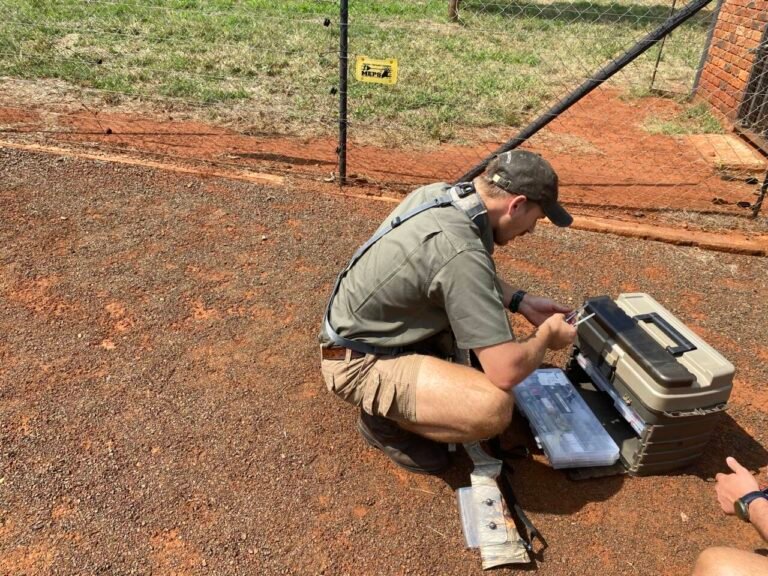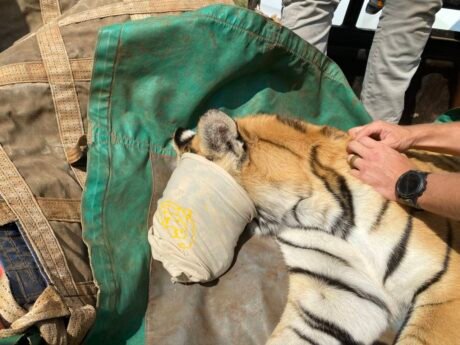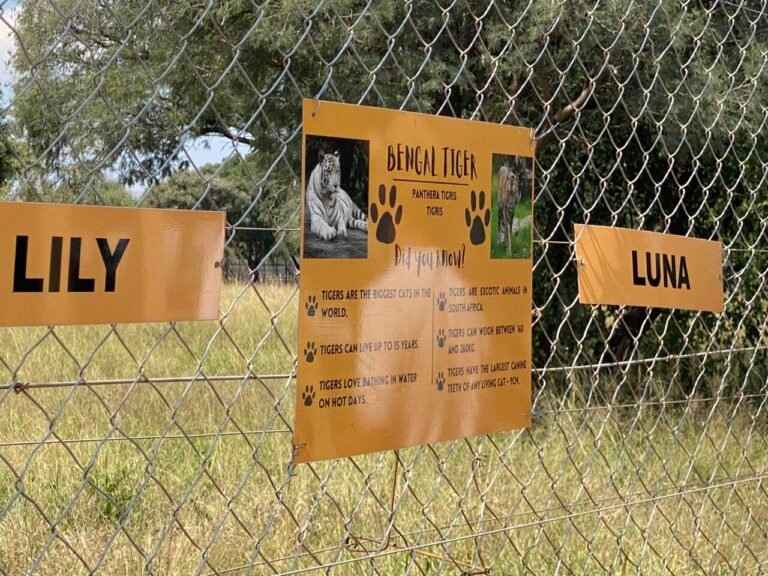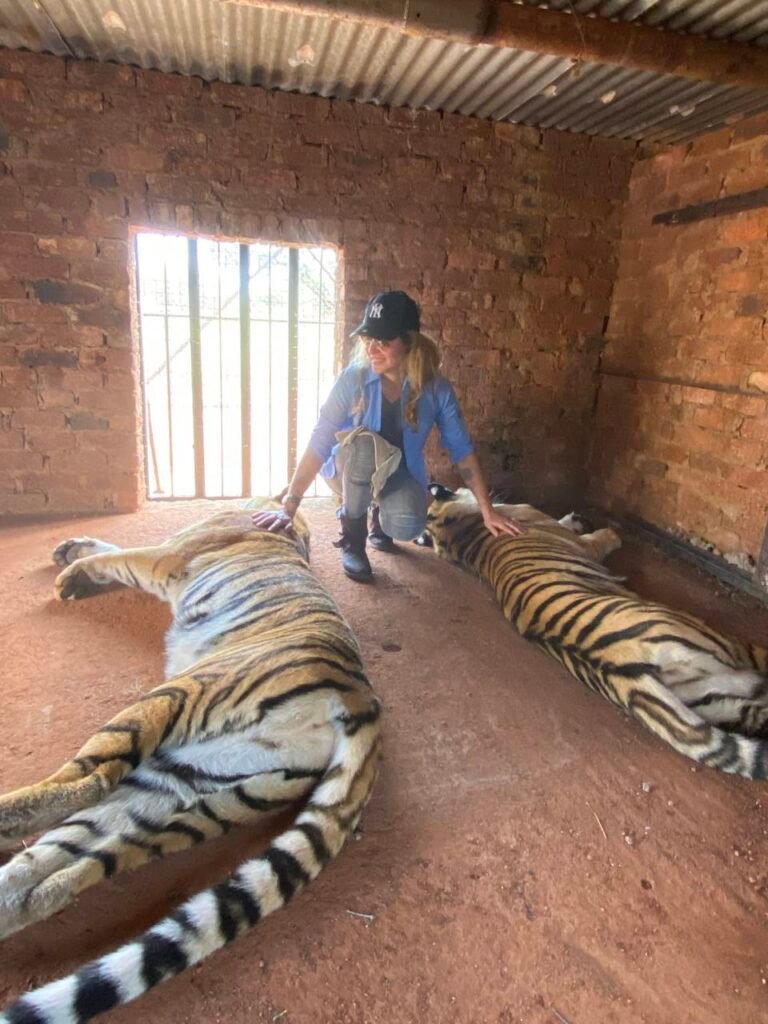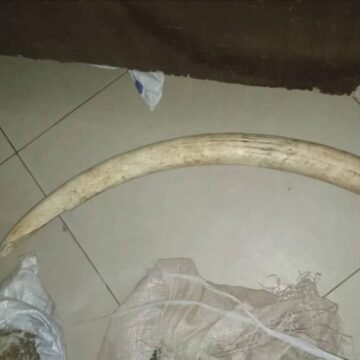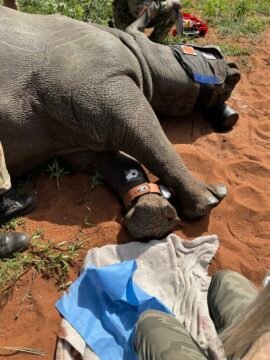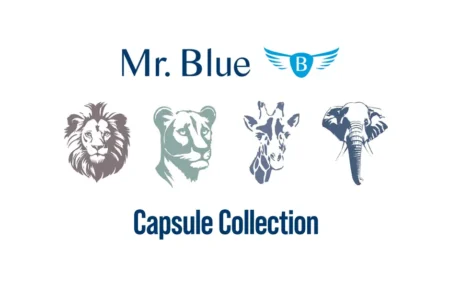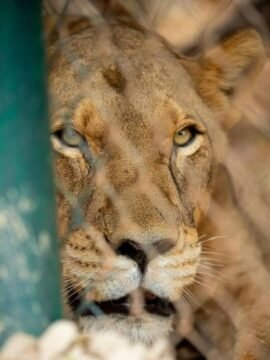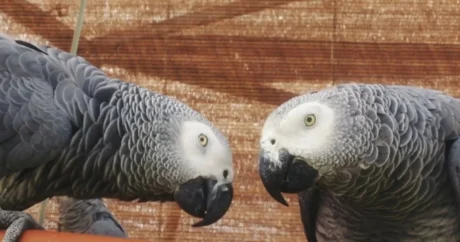The cruel canned hunting industry in South Africa isn’t just limited to lions – tigers are also victims. With a price tag of $35,000 to $40,000 per animal, these majestic creatures are highly sought after. Since tigers are not native to Africa, they are only present on the continent through illegal trafficking and captive breeding.
Wild At Life Project
From Captivity to Freedom: Rescuing Tigers from a Canned Hunting Farm
Activity status: Ongoing
Area of Activity: South Africa
Breeding big cats for commercial purposes like cub petting, roadside zoos, or trophy hunting perpetuates cruelty and suffering, and reduces them to mere objects of profit and entertainment. It incentivizes irresponsible breeding practices, inbreeding, and failing to prioritize animal welfare. Once these big cats outgrow their cuteness or become less profitable, they are often discarded, sold to substandard facilities, or even killed. This practice ignores the value and dignity of these amazing animals and uses them for human entertainment.

Fortunately, the number of visitors to canned hunting farms in South Africa has decreased in recent years due to the pandemic and border restrictions. As tigers are the largest cat species in the world, no one hunting them meant that the farm owner had to bear the high expenses of feeding them. As a result, he decided to give the tigers away.
These tigers which were once nameless and probably only identified by numbers or “that one” are now called Lily and Luna. They are two majestic, full-grown female tigers flourishing in the safe haven of Bela Bela sanctuary, no longer at risk of being targeted by bullets or other forms of harm.
Because they are not native to Africa and thus, cannot be released into the wild, the financial responsibility to provide for them is now shouldered by Wild at Life e.V.
A frequently underestimated part of conservation efforts is what happens after the immediate rescue of an animal. Feeding, caring for, and otherwise sustaining the animals in a sanctuary like Bela Bela is equally important and unfortunately not cheap.
If you’d like to help us provide for Lily and Luna
so they can continue to have an enriched life with regular meals, please consider becoming an ongoing donor.
Thank you for your unwavering support!
No results found.
This project is carried out in the following activity areas
Spread the news!
Help us increasing social commitment in saving endangered wild species. Express your support by sharing this article in your favorite social media channel.
Facebook
Twitter
LinkedIn
Pinterest
WhatsApp
Email
Most recent news
Project update
June 30, 2025
Recently, the Victoria Falls Anti-Poaching Unit achieved a significant success with the arrest of five suspects found in possession of illegal wildlife contraband, including ivory, pangolin scales, and snares. Thanks to our expanding informer network, crucial intelligence was quickly acted
Project update
June 21, 2025
The rhino conservation of Wild at Life e.V. and Insimbi Legacy Projects continues to strengthen efforts to protect White Rhinos in the Limpopo region of South Africa. Operating on a 5,000-hectare reserve in the Capricorn District, this joint mission combines
News
June 2, 2025
Wild at Life is a dedicated wildlife conservation NGO working tirelessly to protect endangered species and their habitats. With a focus on combating wildlife trafficking, ending canned hunting, and preserving biodiversity, Wild at Life’s mission is to create a world
Project update
April 27, 2025
A few years ago, together with our partner, the Association for the Protection of Fauna and Flora, we conducted a distressing investigation at a zoo in Burkina Faso. The 112-hectare site was home to numerous endangered species, many of them
News
April 9, 2025
This article reports on the successful repatriation of 34 African Grey Parrots that were illegally smuggled from Africa to Spain. The parrots were intercepted in Spain, and Turkish Cargo facilitated their transportation back to their natural habitats free of charge.
News
April 9, 2025
The article details the rescue and repatriation of 34 African Grey Parrots that were illegally trafficked from Africa to Spain. In collaboration with Turkish Cargo, which provided complimentary transportation, and various international organizations—including Wild at Life e.V., the Spanish Ministry
Stay informed!
Subscribe to our newsletter to keep up to date with our activities!
By subscribing you consent to our Privacy Policy
